It started with one credit card. You may have missed one payment and then paid some interest on that amount. You may then have taken out another credit card to help pay for some things. Logically, you reasoned that you could make the minimum payments on both cards.
Unfortunately, then some unexpected expenses came up. Before you knew it, the different bills started stacking up. In fact, when you are in debt, the financial pressures can feel enormous. This is especially true if you need to keep up with multiple bills from multiple credit card companies with multiple deadlines, all while balancing funds to buy everyday essentials like food and clothing. Fortunately, there is an option that may help.

Rawpixel.com/shutterstock.com
What is a Debt Consolidation Plan?
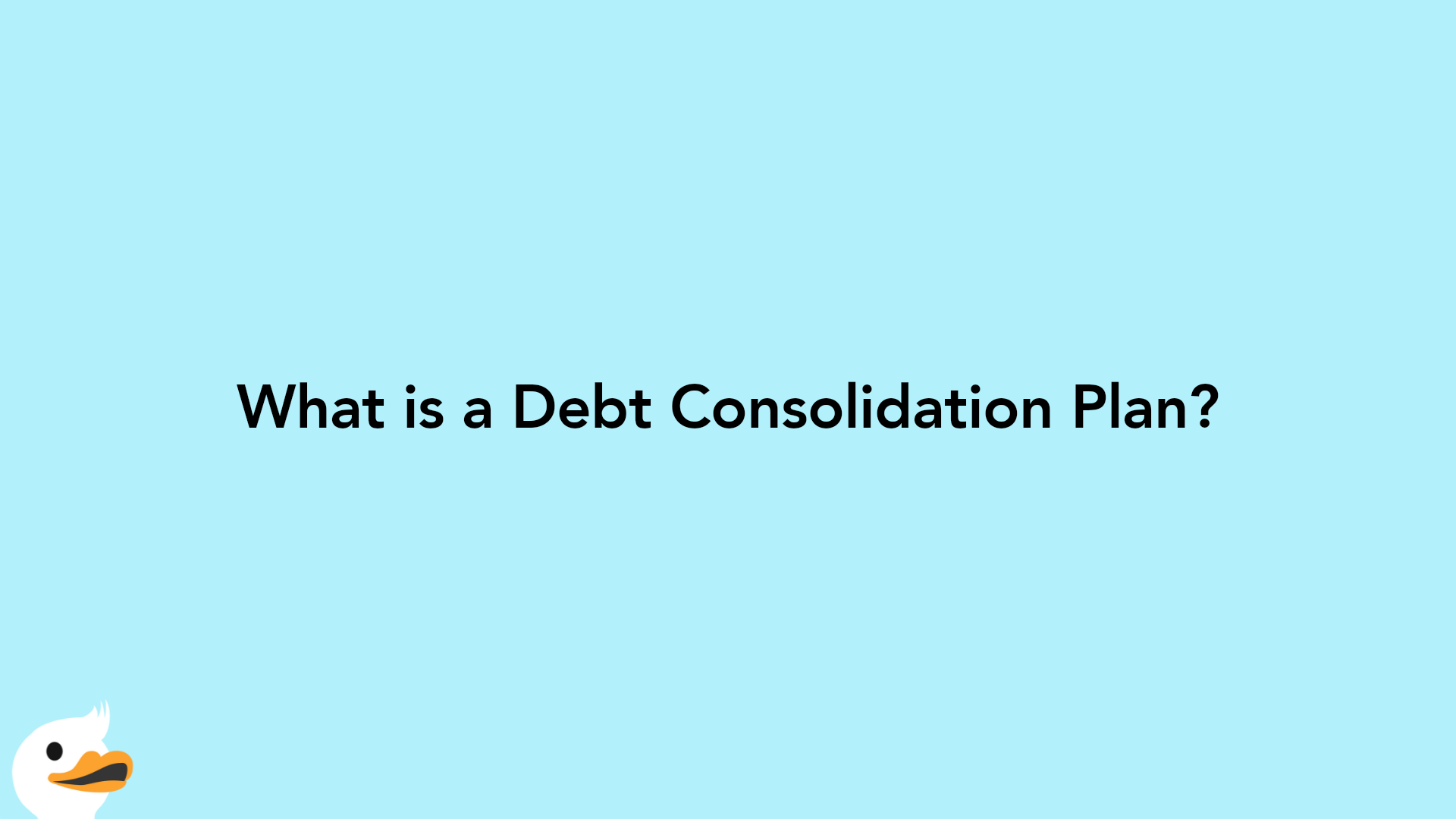
Debt consolidation is a financial strategy that merges multiple bills into a single manageable debt. This was started by the Association of Banks in Singapore in 2017. Essentially, it is a refinanced loan with extended repayment terms. This would reduce the number of monthly payments as well as the monthly payment amount by ideally lowering the interest rate on your bills. One of the largest benefits of a debt consolidation plan is the ability to make one payment to one bill, once a month. The downside is that you will be in debt longer and will probably end up paying more by the end of your loan tenure.
A DCP loan, also known a Debt Consolidation Plan, is available for Singaporeans and Permanent Residents. 14 financial institutions in Singapore currently offer this plan. It takes all of your outstanding unsecured debt, such as credit card debt and personal loans, and consolidates it into one big loan from one issuing bank. This is an ideal option for credit card bills and unsecured credit lines, which usually have higher interest rates. Secured loans, such as car loans or property loans, specific purpose loans, such as education loans, business loans, or renovation loans, as well as outstanding debts under joint accounts are not included in the DCP.
What are the 14 Financial Institutions that Offer a DCP Loan?
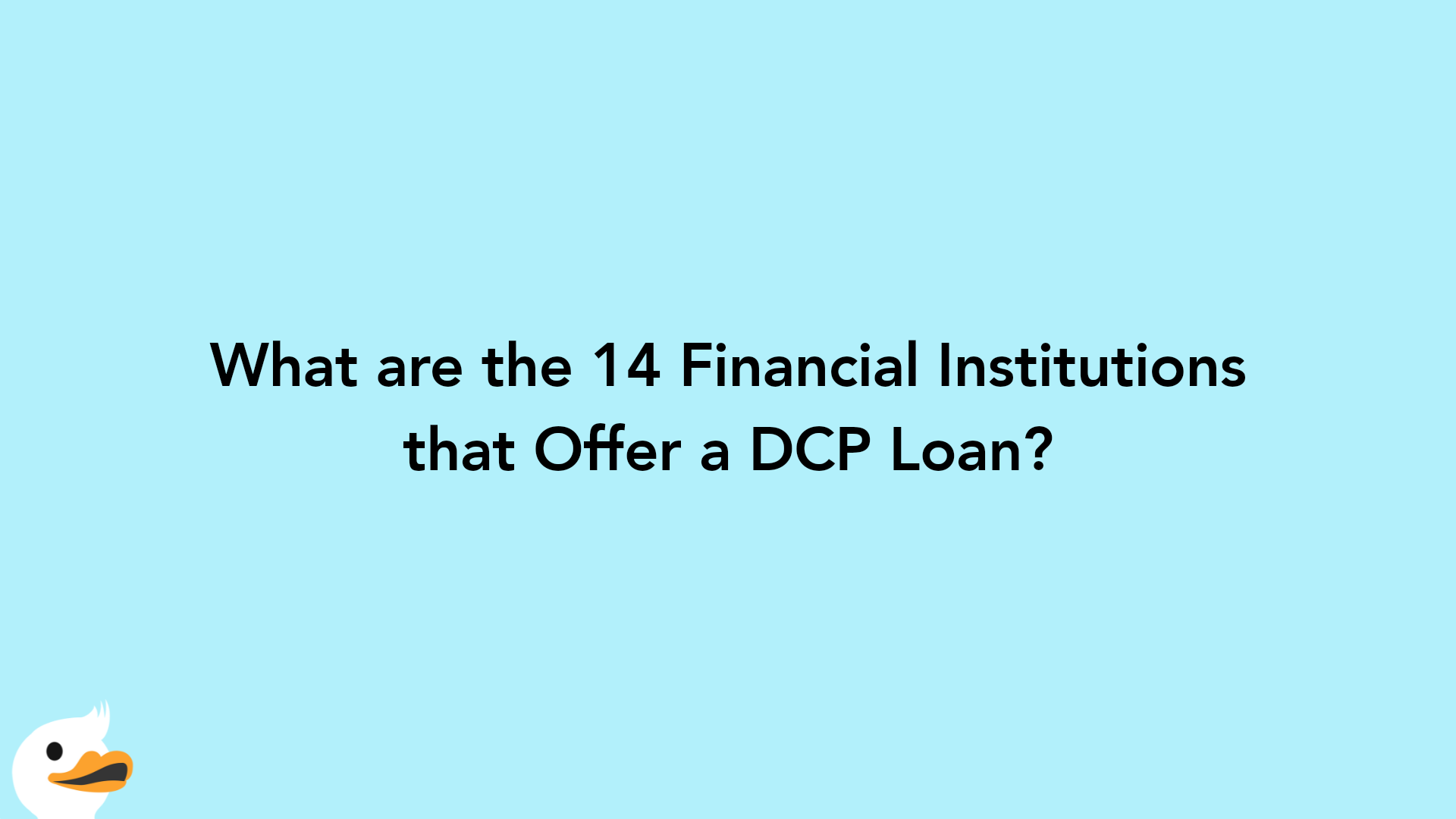
This list is subject to change.
DBS UOB OCBC Citibank Standard Chartered HSBC American Express CIMB Maybank RHB Bank of China ICBC HL Bank Diners Club
Do I Qualify for a DCP Loan?
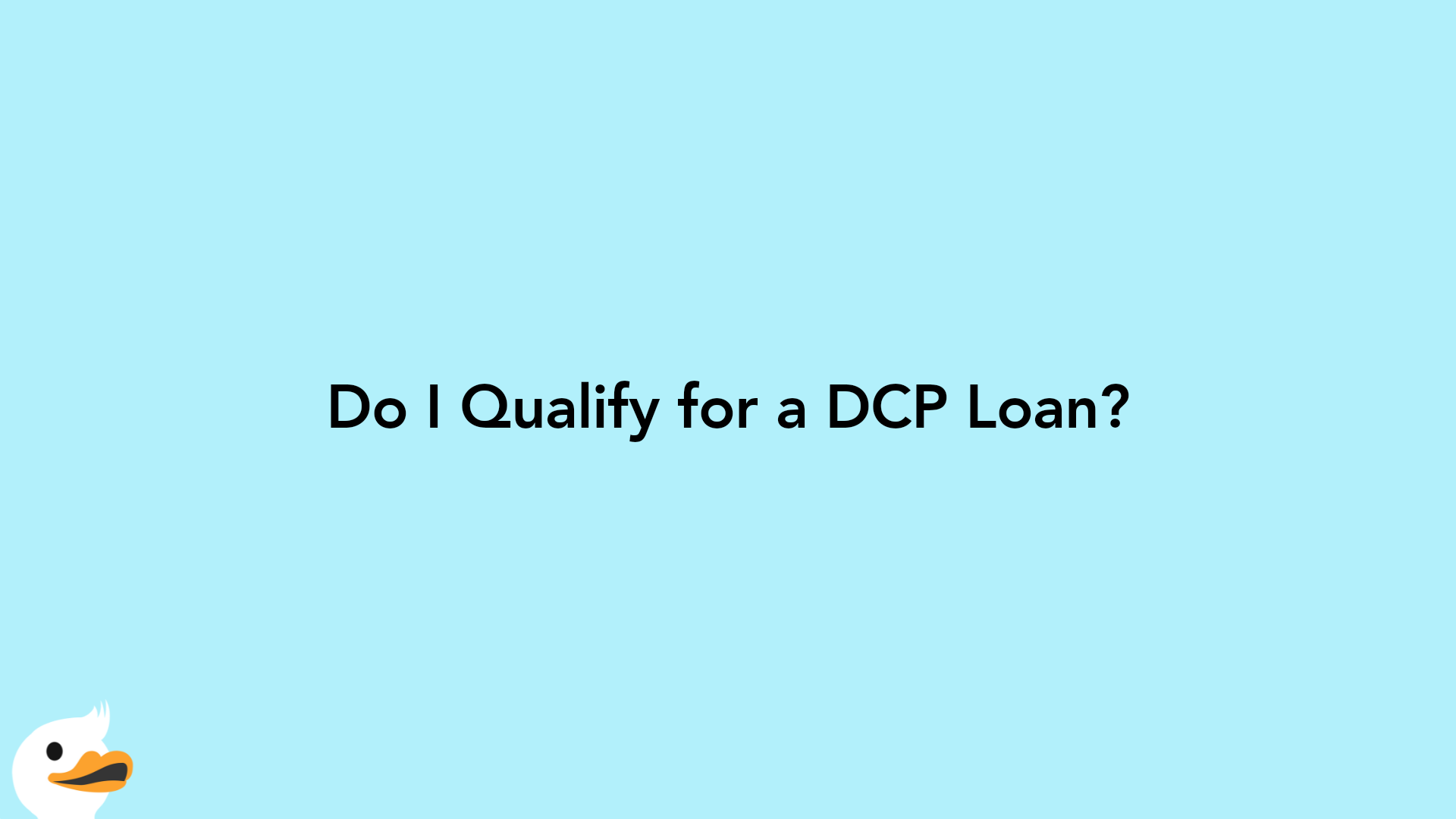
While each bank may have its own additional requirements, there are also a few basic eligibility requirements. In order to qualify for a Debt Consolidation Plan, you must have an annual income between S$20,000 and S$120,000. Your net assets, excluding liabilities, cannot be more than S$2 million. Additionally, your Balance-to-Income ratio (BTI) must be at least 12 times your monthly income. In other words, the total amount of all of your outstanding unsecured loans is equivalent to at least one year of your annual income.
What are the Costs Associated with a DCP?
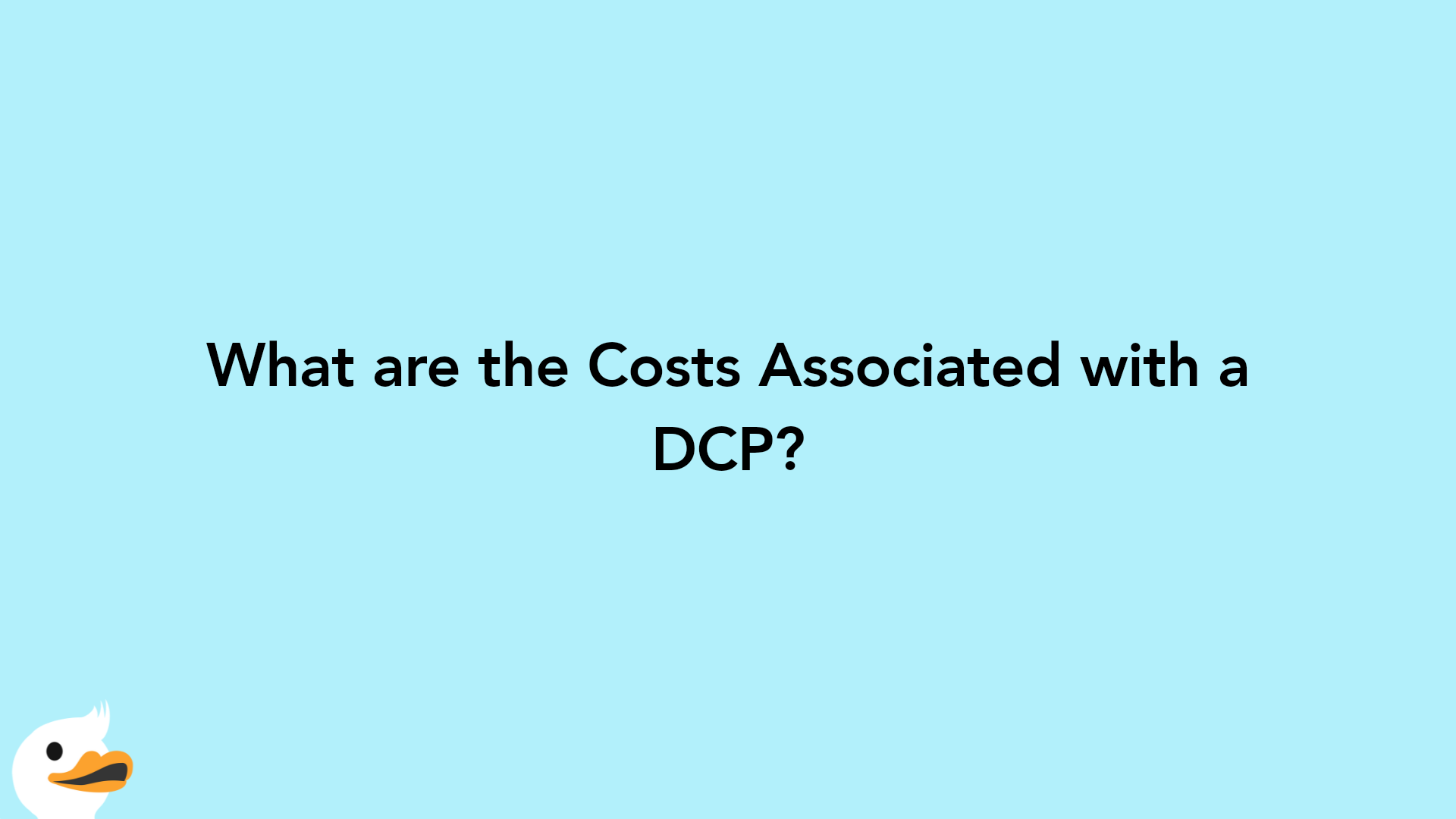
In a Debt Consolidation Plan, the issuing bank pays off all your outstanding debts to the different financial institutions involved. Then, you will repay the issuing bank in one monthly installment. As a result, your total outstanding debt and total outstanding interest will also be charged an additional 5% or less. This 5% allowance is obligatory. The purpose is to cover any incidental charges, such as late payment fees and additional interest your accounts may incur from the time the DCP is approved until the other financial institutions receive the DCP amount. At the end of the DCP loan, the excess amount that was not disbursed will be refunded or credited back to you.
Hopefully, you will get a lower interest rate with your DCP. Unfortunately, the interest rate in a DCP is determined by the issuing bank. As a result, you will need to get different quotes and see the fees and interest rates for each bank before making a decision. The different pricing rates depend on the risk profile of the borrower and his or her credit rating. The higher the credit score, the lower the interest rate.
What Else do I Need to Know?
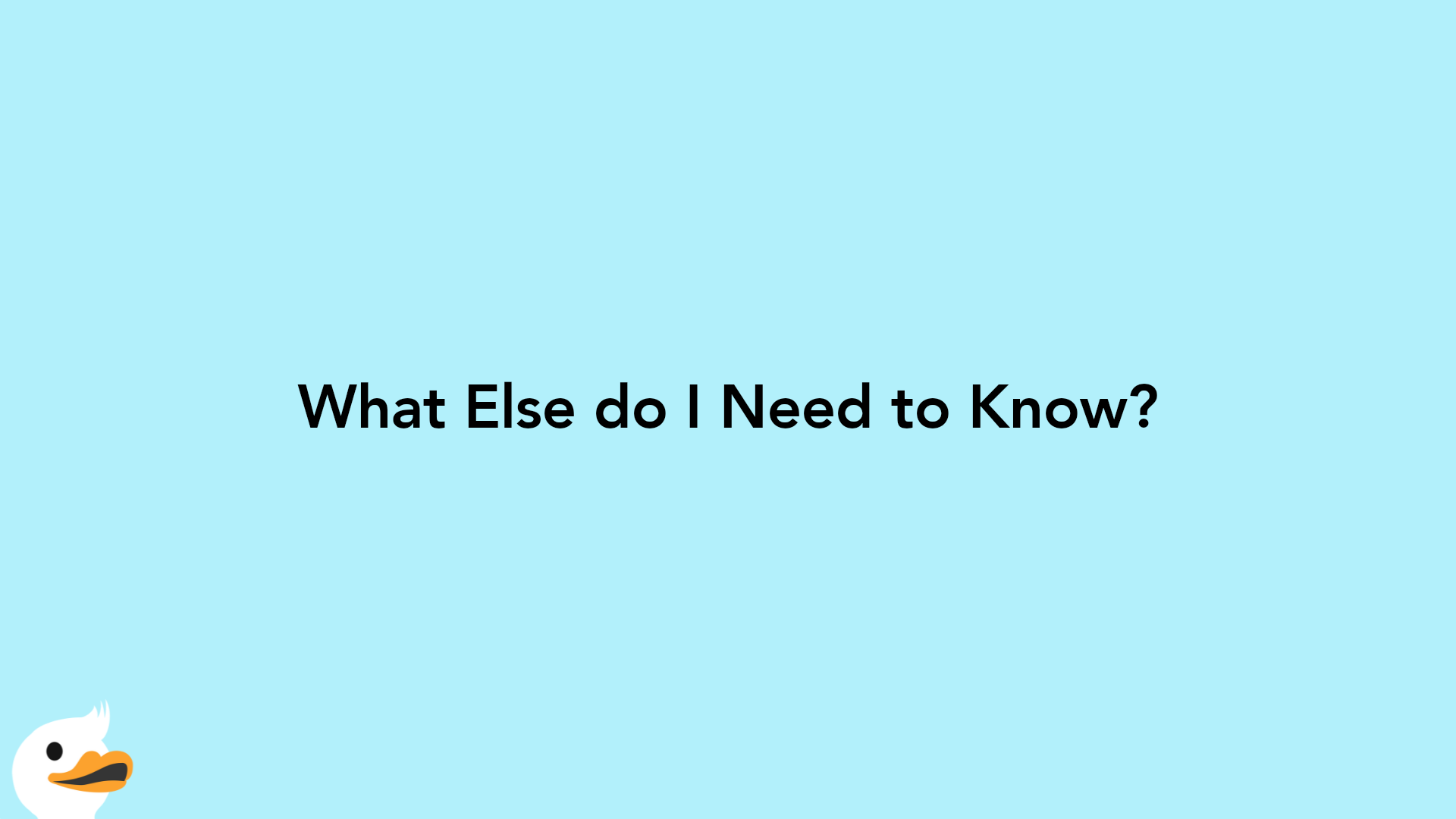
With a DCP loan, you will no longer have access to your credit cards. All credit facilities will be suspended and become invalid because your DCP loan has paid them off and closed the account. Furthermore, you will not be able to apply for any credit until your outstanding debt balance is lower than 8 times your monthly income. Some banks offer a complimentary credit card with your DCP to help cover everyday expenses. Usually, the credit limit will be as large as your monthly income. However, be careful with this "Debt Consolidation Credit Card." It has the same late payment charges, interest rate charges, and minimum monthly payment rules as any other credit card. If you spend more than you can afford, you would simply be adding to your current debt.
If the approved DCP amount is insufficient to repay the outstanding balance of all of your existing unsecured debt, you will be responsible for the remaining amount.
You can always refinance your DCP, just like your mortgage loan. Of course, there may be some fees involved to change banks.
Make sure to know the terms and conditions of your DCP. You may receive a low-interest rate in the beginning. Remember, this only lasts for a period of time. The rate will go up after a certain number of years. Be sure to calculate how affordable the monthly repayment is for the entire loan duration.
How Does A DCP Affect My Credit Score?
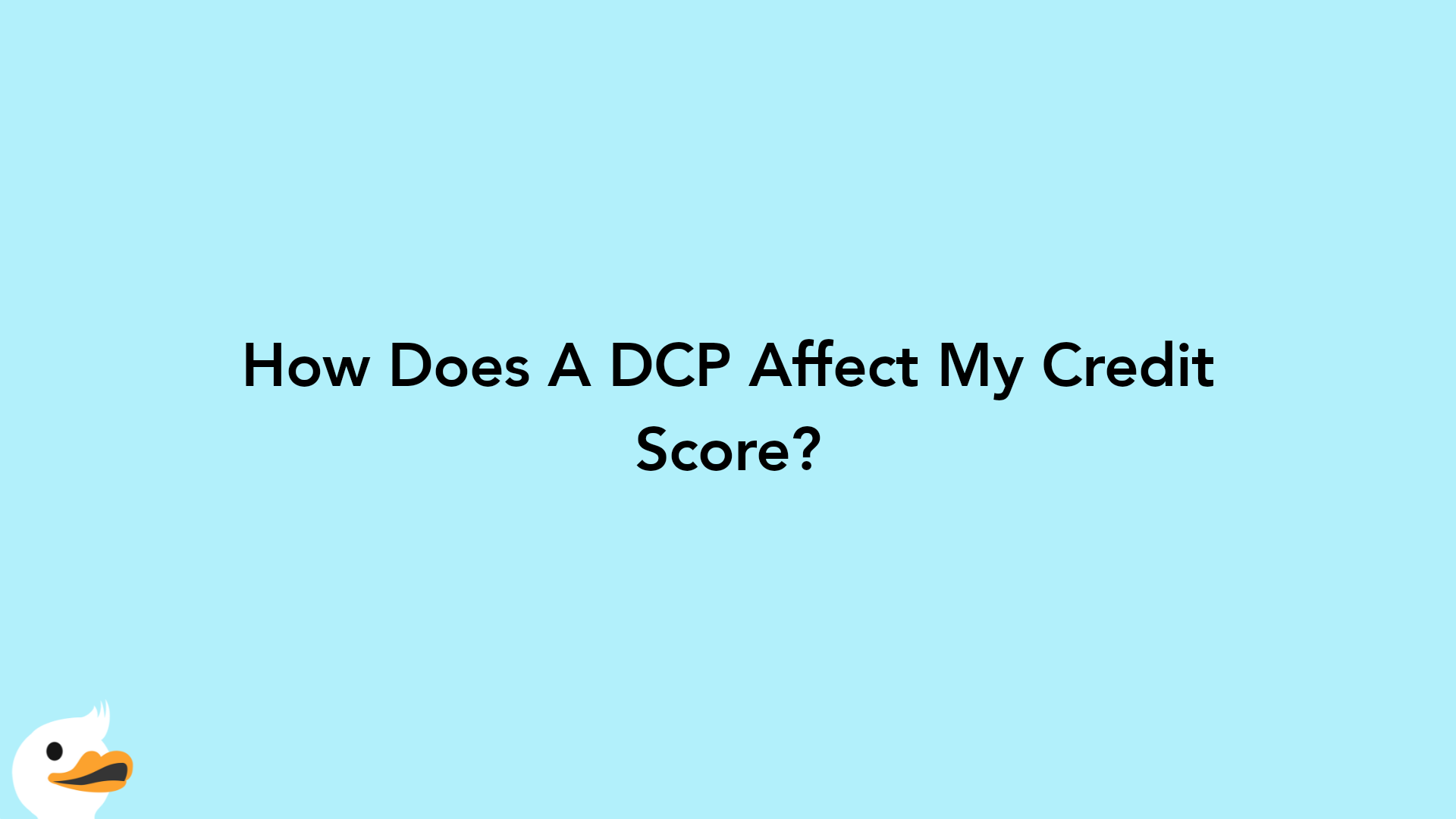
In general, a DCP has a positive impact on your credit score if you make consistent on-time payments. This is the same as repaying your credit card bill or any personal loans. If you are diligent with your payments, your credit score will slowly improve. From a credit score perspective, A DCP is a much better option than debt settlement or bankruptcy.
What If I Don’t Qualify For The DCP?
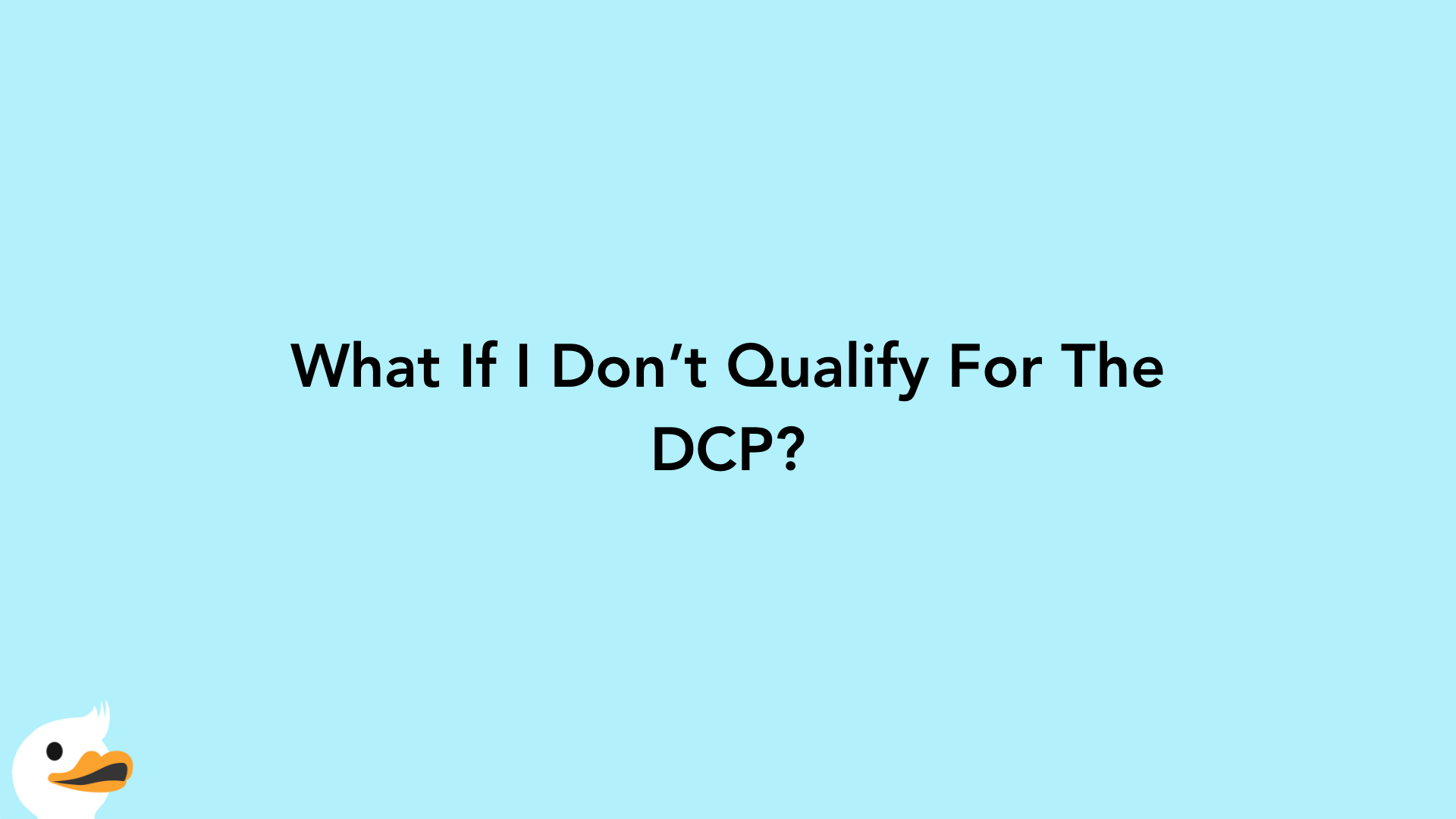
If you don’t qualify for a DCP, chances are the reason is that your unsecured debt amount has not yet exceeded 12 times your monthly salary. This is a good thing! If you think about what a Debt Consolidation Plan is, you may realize that you could do something similar on your own. By taking out a low-interest personal loan, you can use that cash to pay off all the other financial institutions. The only difference between a DCP and a personal loan is that with a DCP, you never see the cash. The DCP pays the financial institution directly.
With a personal loan, you will need to pay off each account. Once everything is paid off, you can focus solely on that one personal loan and pay that off every month. Chances are your personal loan interest rate will still be significantly lower than the interest rates on your credit cards.
When Is Debt Consolidation Not A Good Idea?
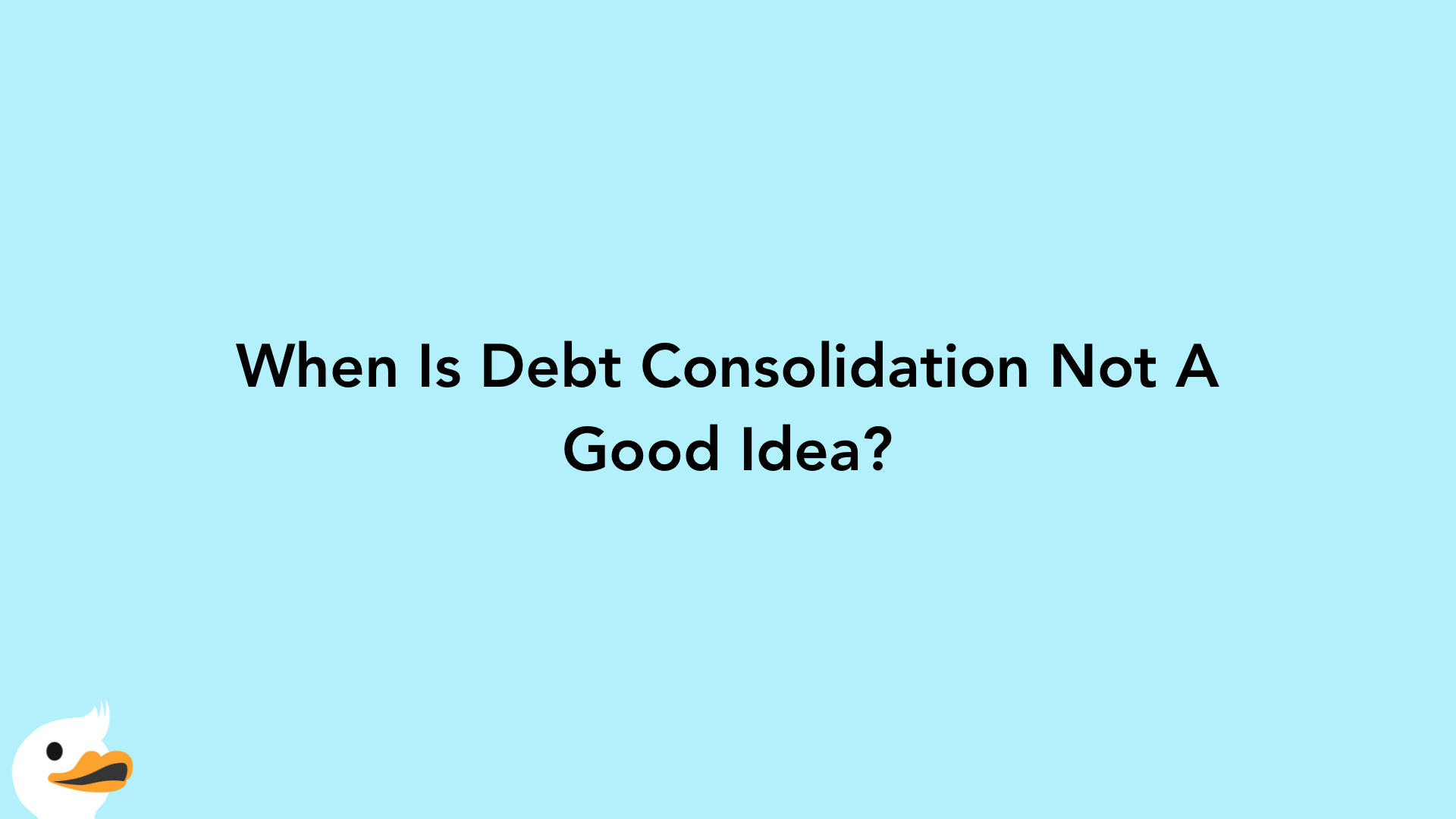
Remember, debt consolidation means restructuring your debt, but it does not mean that it eliminates it. If your spending habits do not change, you will never successfully be out of debt. You will need to stop overspending on your credit cards and stop taking out loans that you cannot afford to pay. Furthermore, this debt management program also requires a regular punctual monthly payment. As with any loan, it has a late fee and a minimum payment requirement. As a result, you will need to reassess your ability to pay your monthly installment amount and when you pay your debt. This means not skipping any payments, avoiding any late payments, and paying your monthly installment in full.
A DCP may not be right for you if your current repayment plan ends up costing you less when compared to all the fees and the longer repayment period of the DCP. Be sure to calculate and compare the costs of your current situation to a DCP before taking out the DCP loan.
Debt consolidation is an early stage debt strategy. Ideally, after 3 to 5 years, you will be out of debt and hopefully, have a better handle over your finances. The sooner you get out of debt, the less interest you will pay on your debt, and the higher your credit score will be. However, if your debt has become too large, you may not be able to afford the monthly repayment of a DCP and debt consolidation may not be of any help. Alternatively, you may consider debt settlement with your financial institutions or declaring bankruptcy.
Final Thoughts
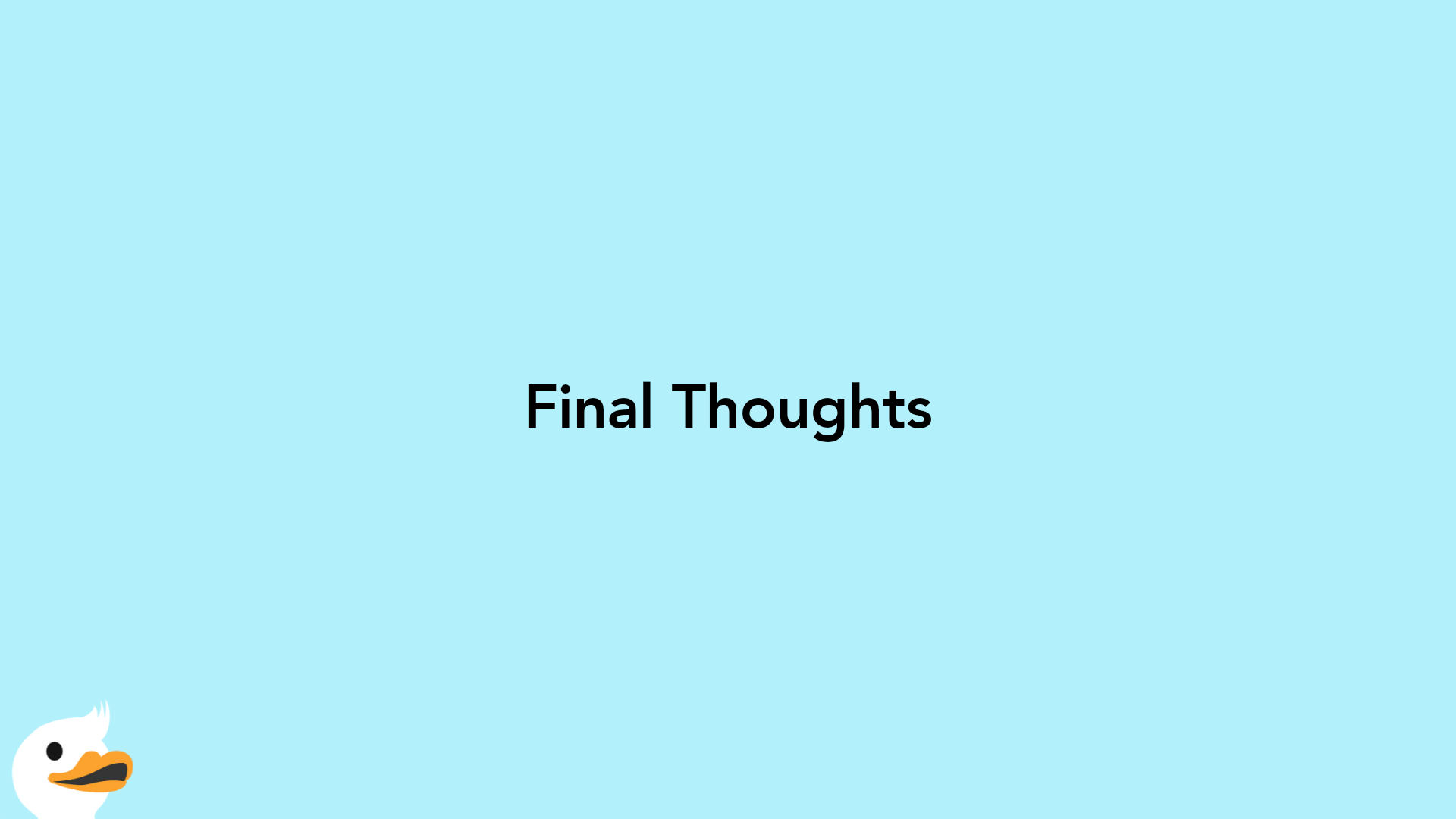
When debt starts to snowball, it may be overwhelming and seem hopeless. Your financial responsibilities may be pulling at you from every angle and that high-interest rate on your credit card keeps rolling over and adding up. However, there is an option to ease the burden. A Debt Consolidation Plan may be beneficial to help you get control of your finances by combining everything into one affordable monthly payment. Nonetheless, be sure to do your due diligence and first weigh the fees and interest rates against what you are currently doing. Of course, this debt relief strategy does not make your bills disappear or lessen your debt in any way. Nevertheless, if you stick to your payments, are on-time, and changing your money spending habits, you will slowly pull yourself out. Plus, your credit score will eventually thank you.

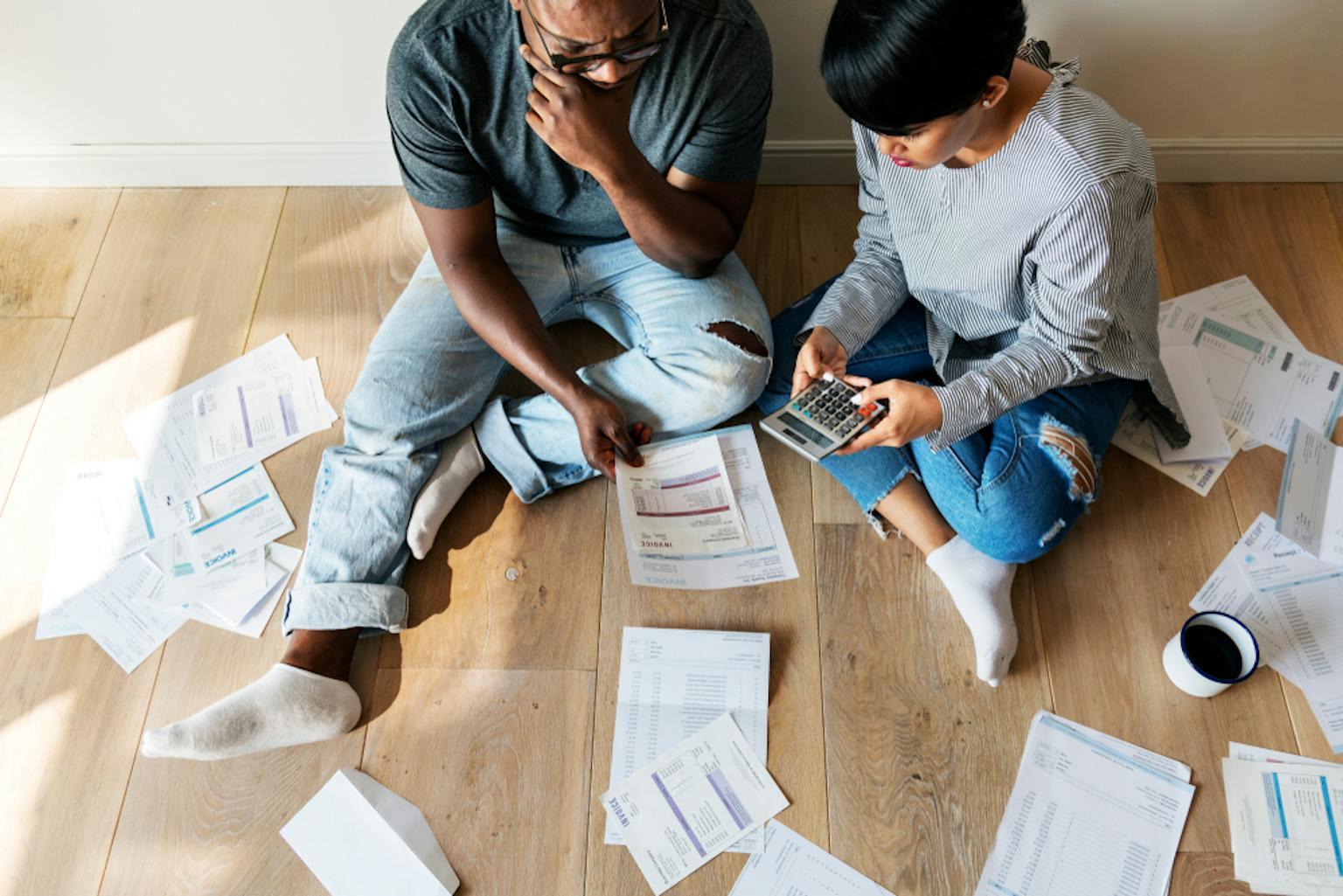

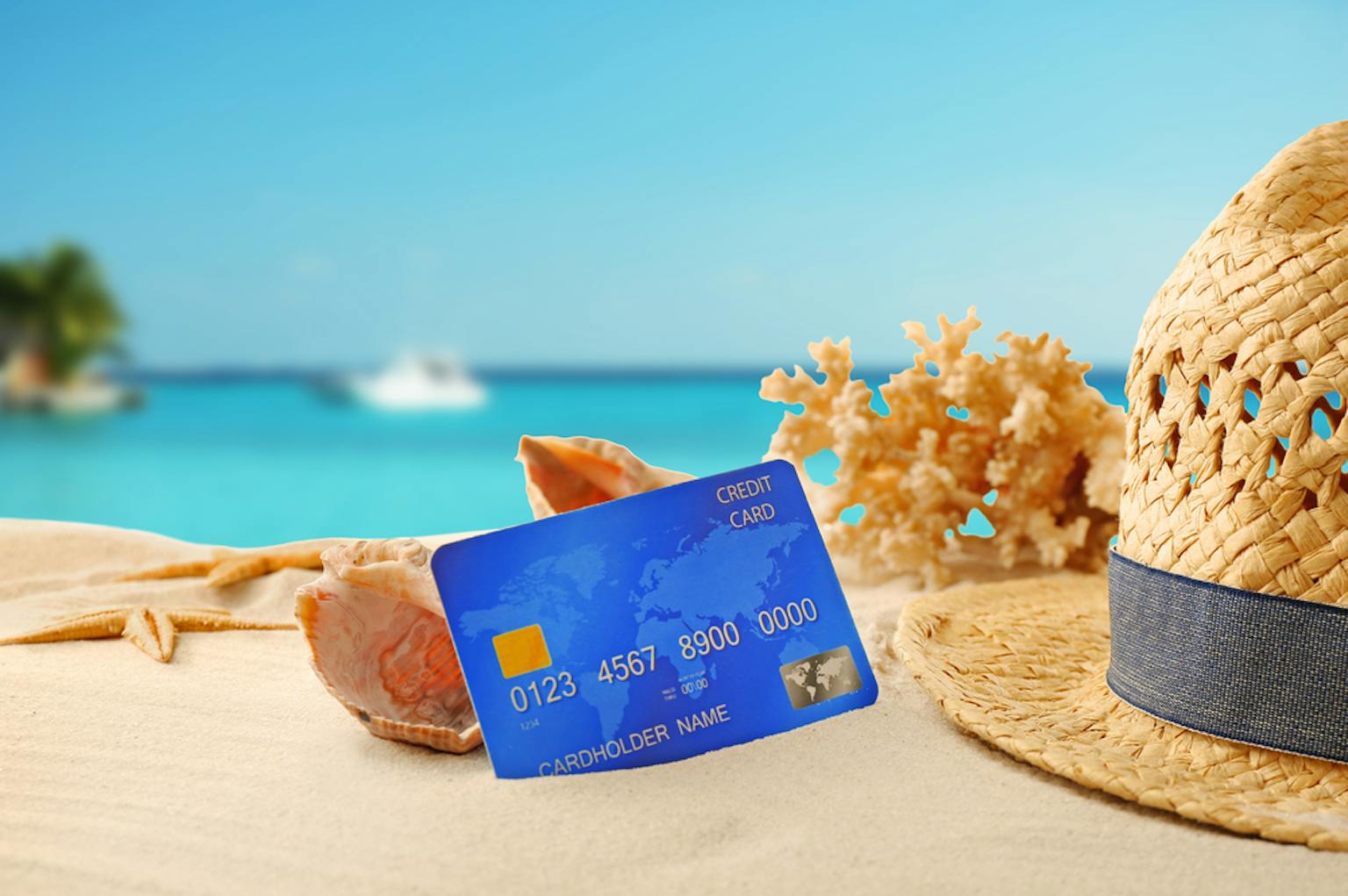
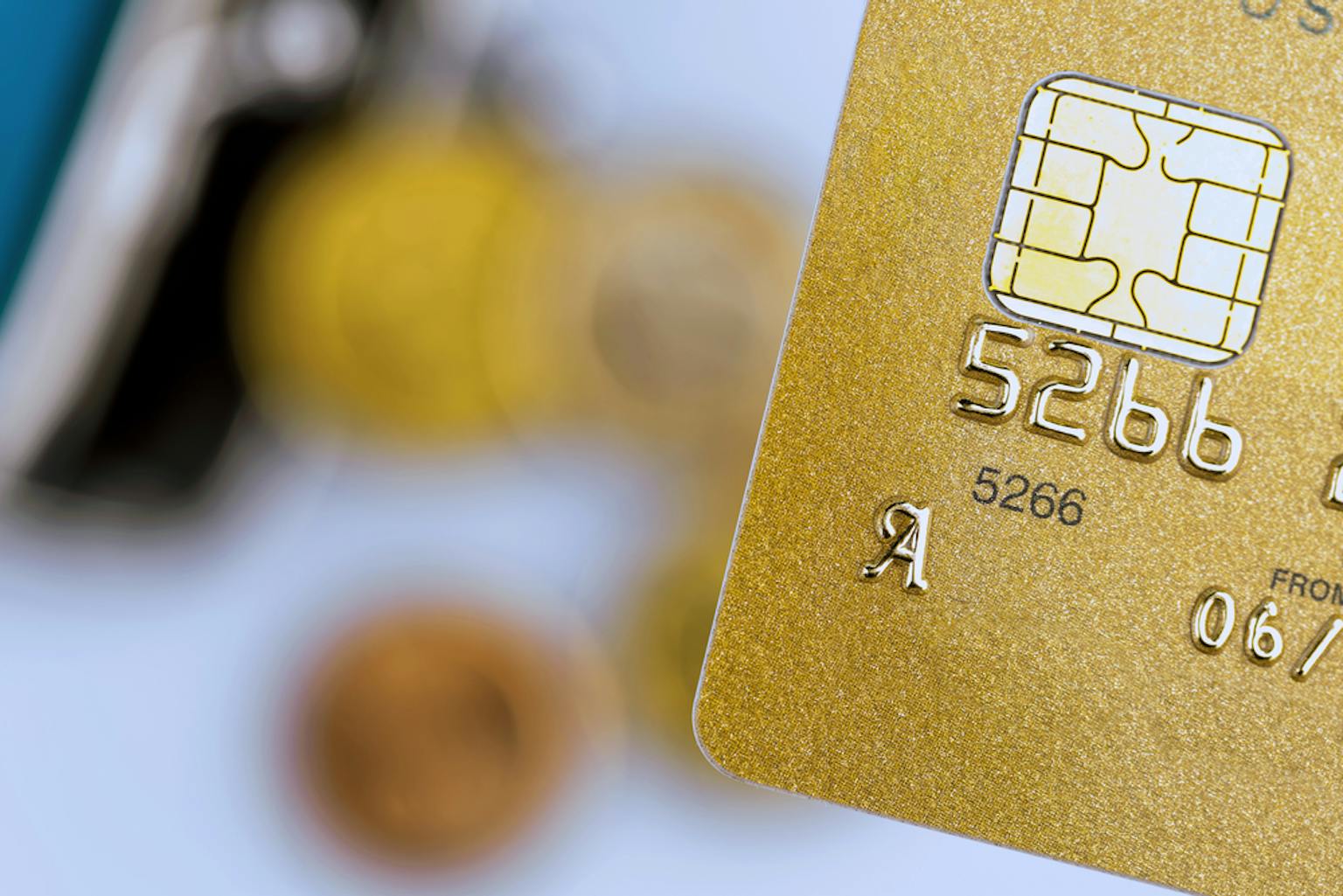
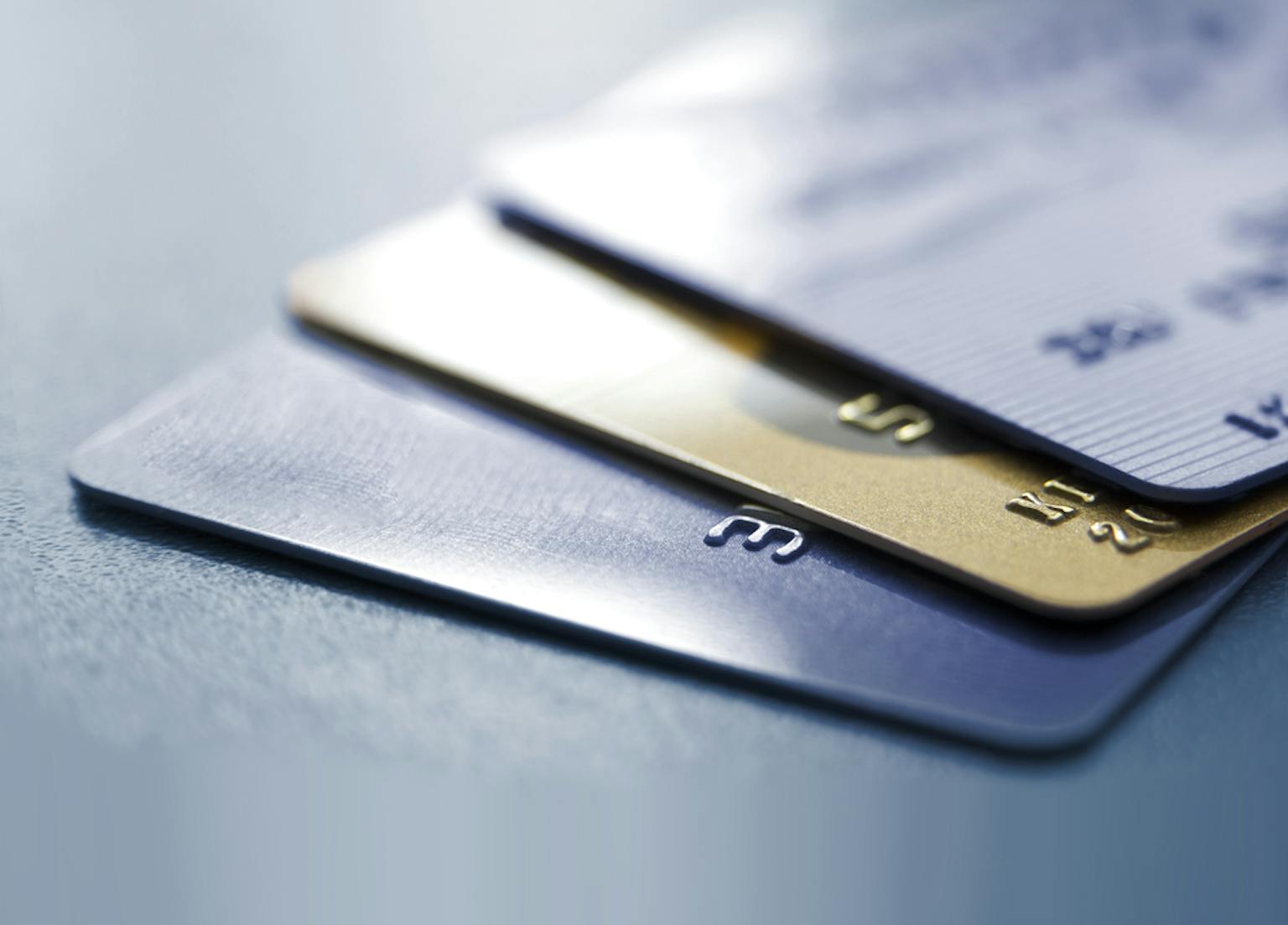

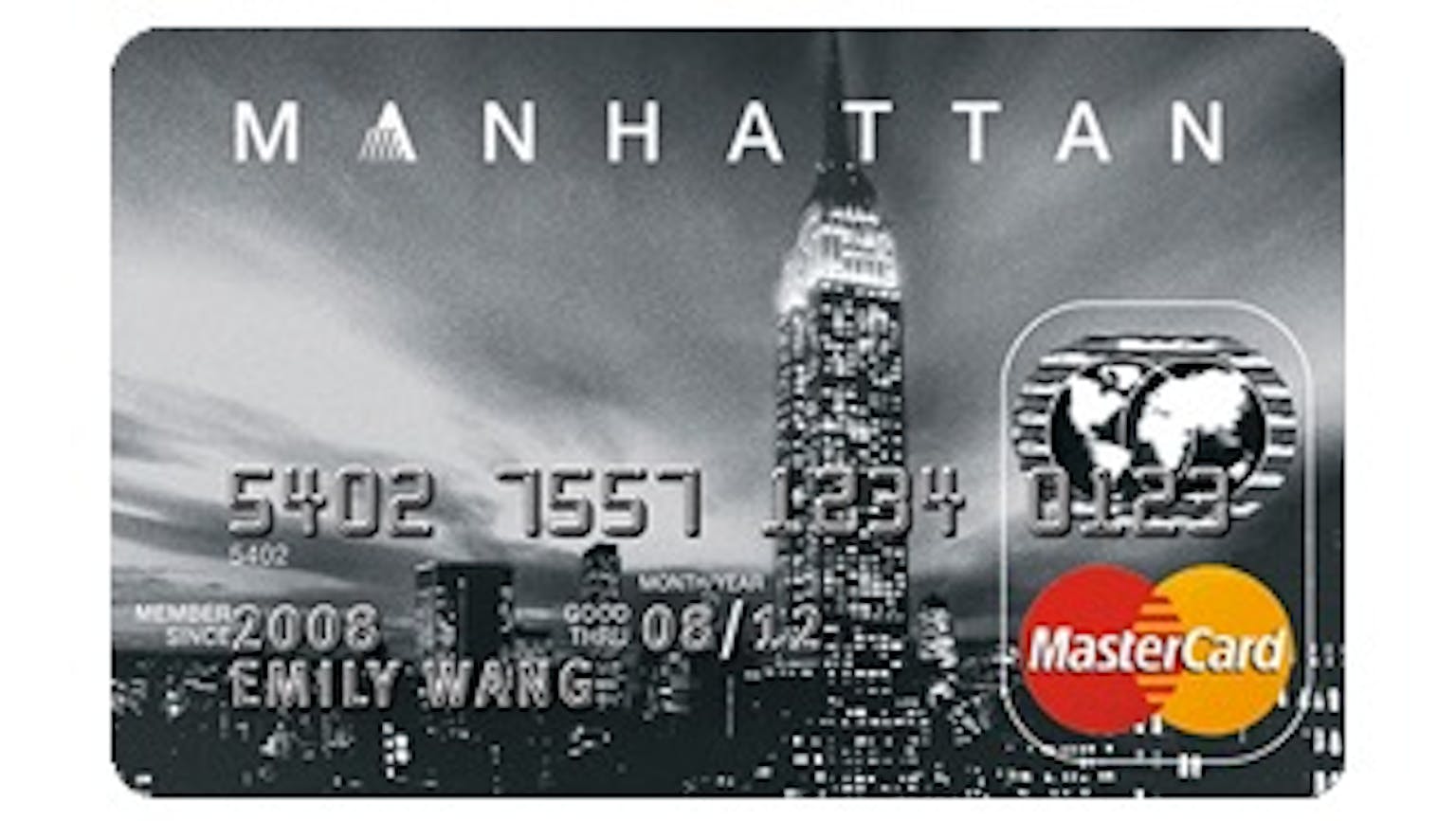
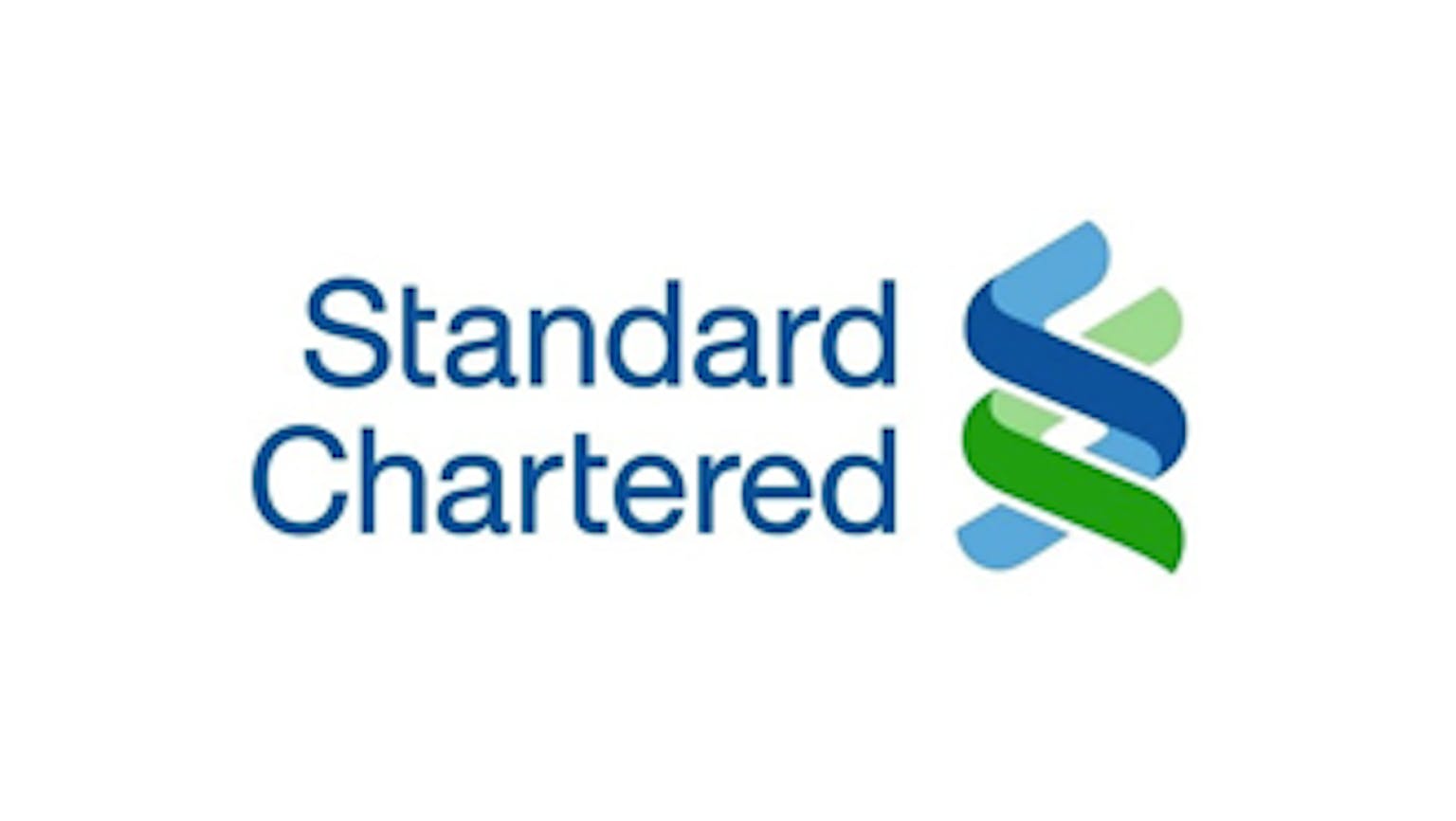
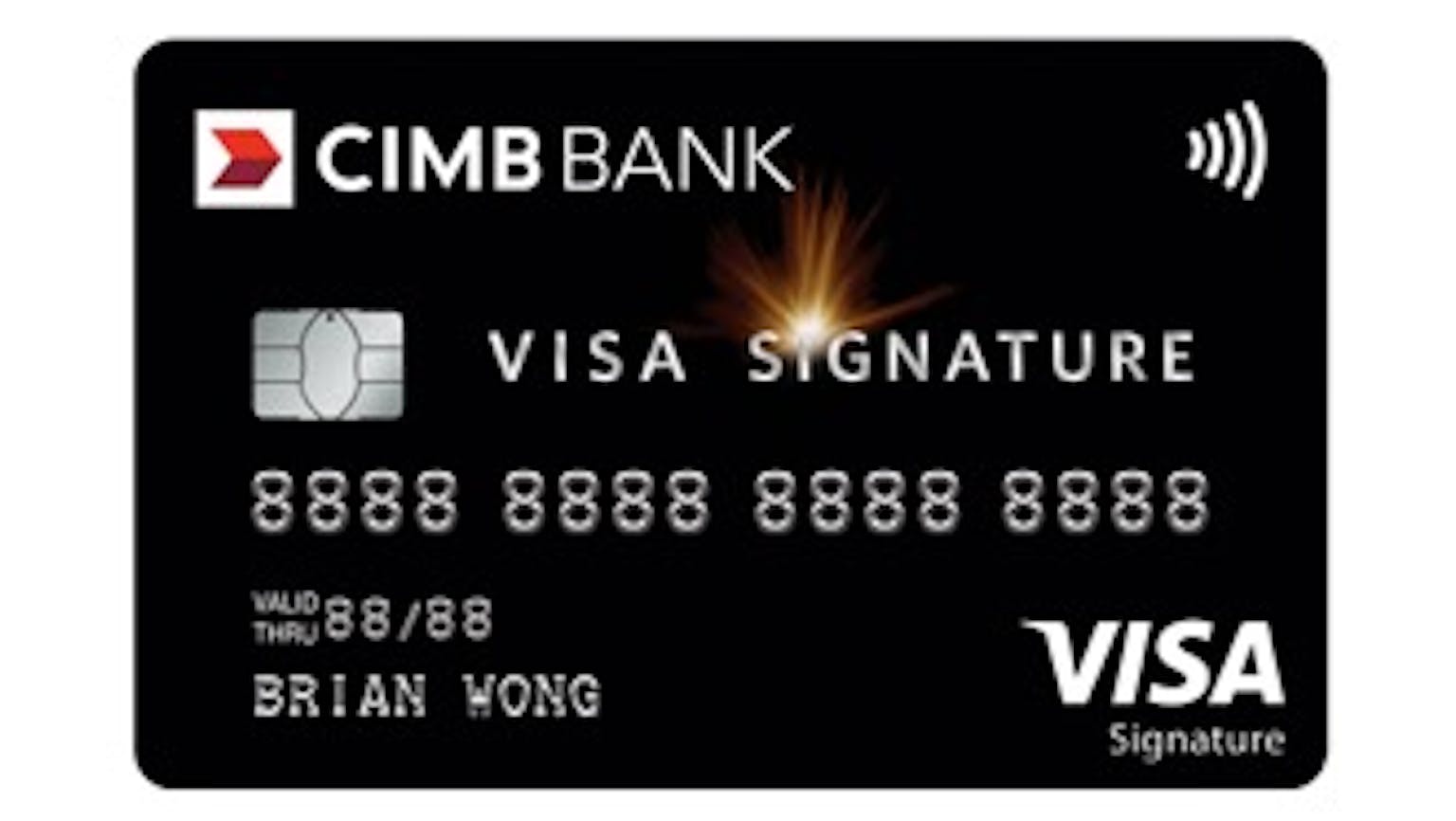
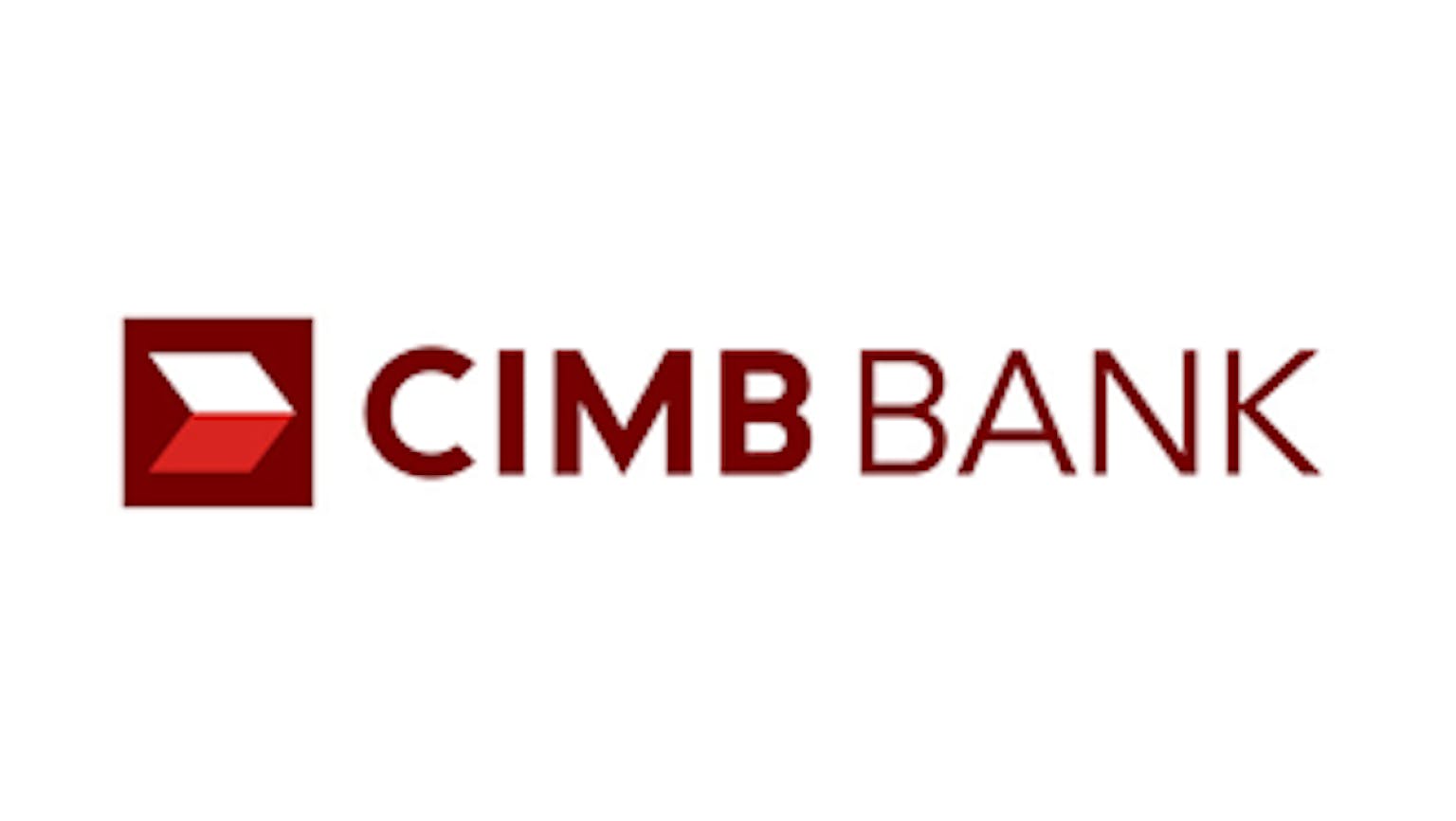
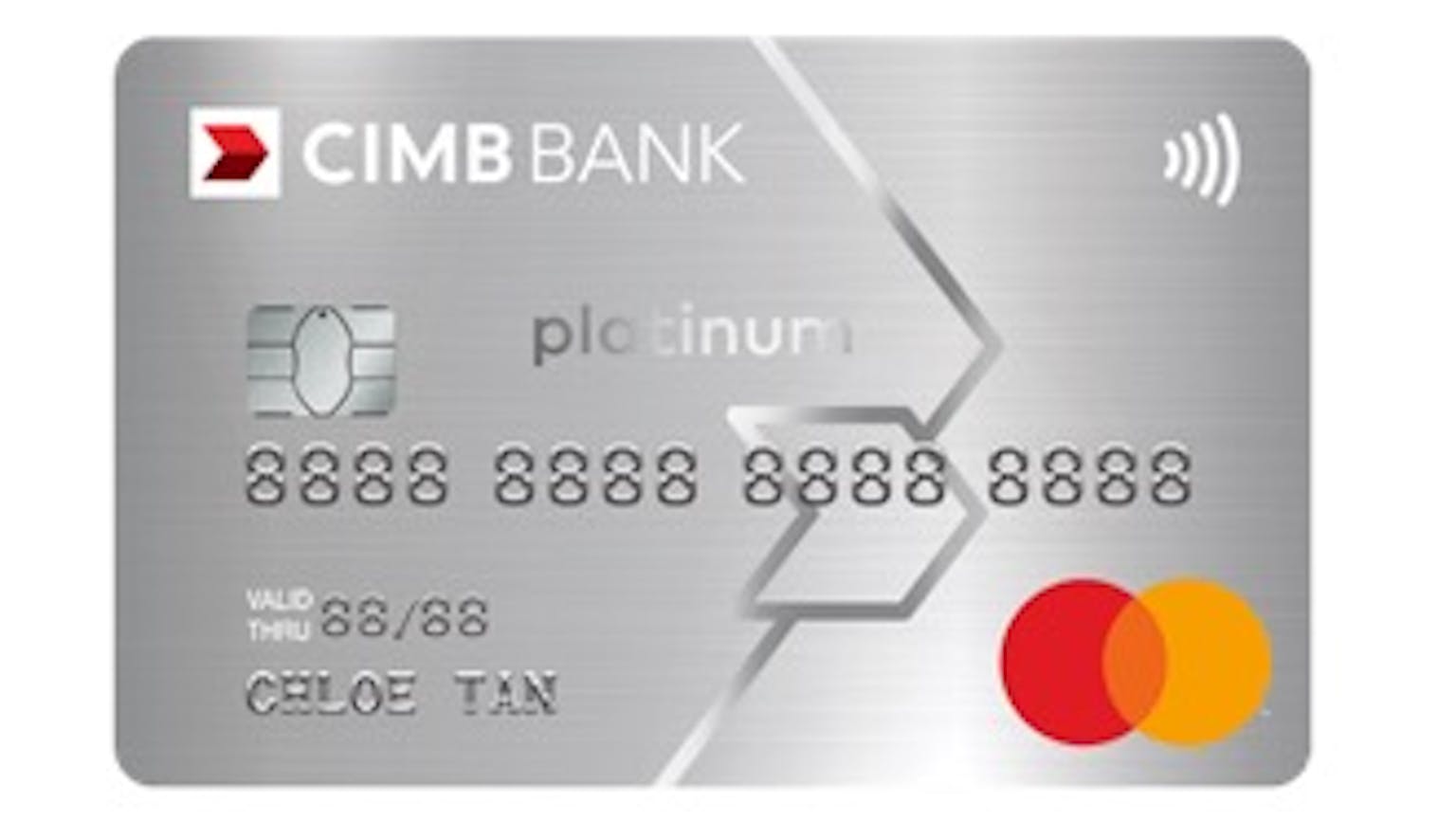
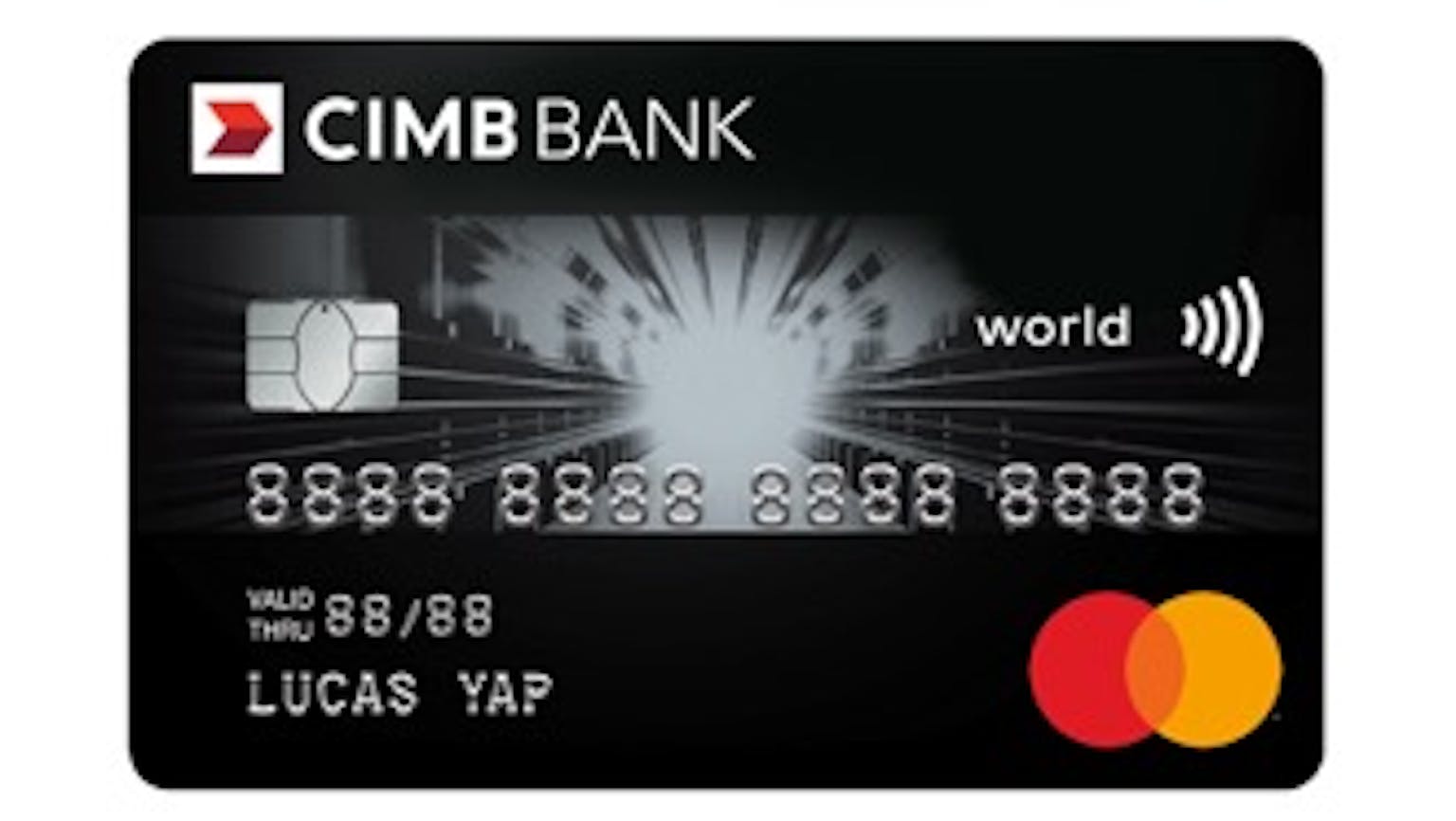
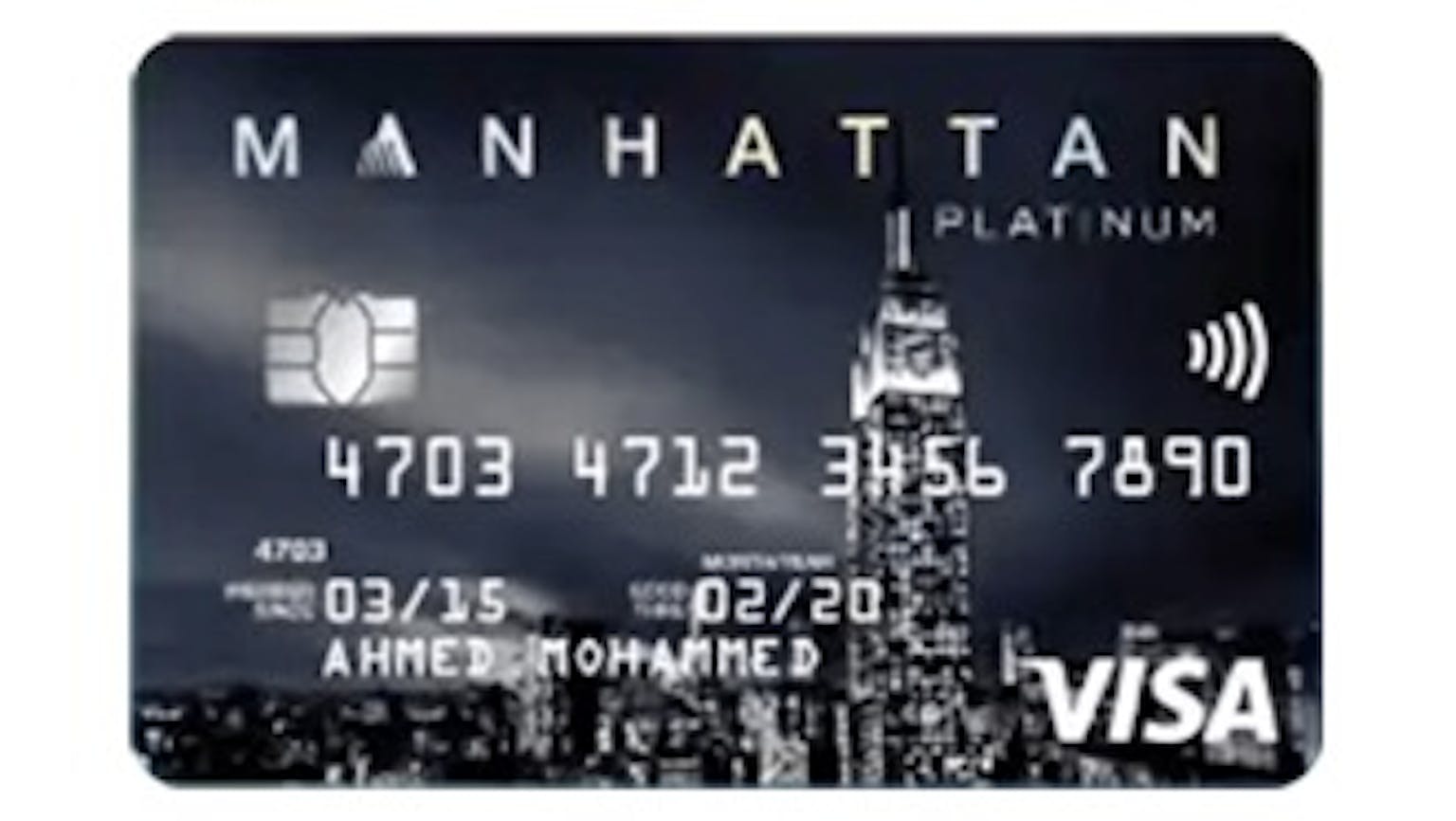
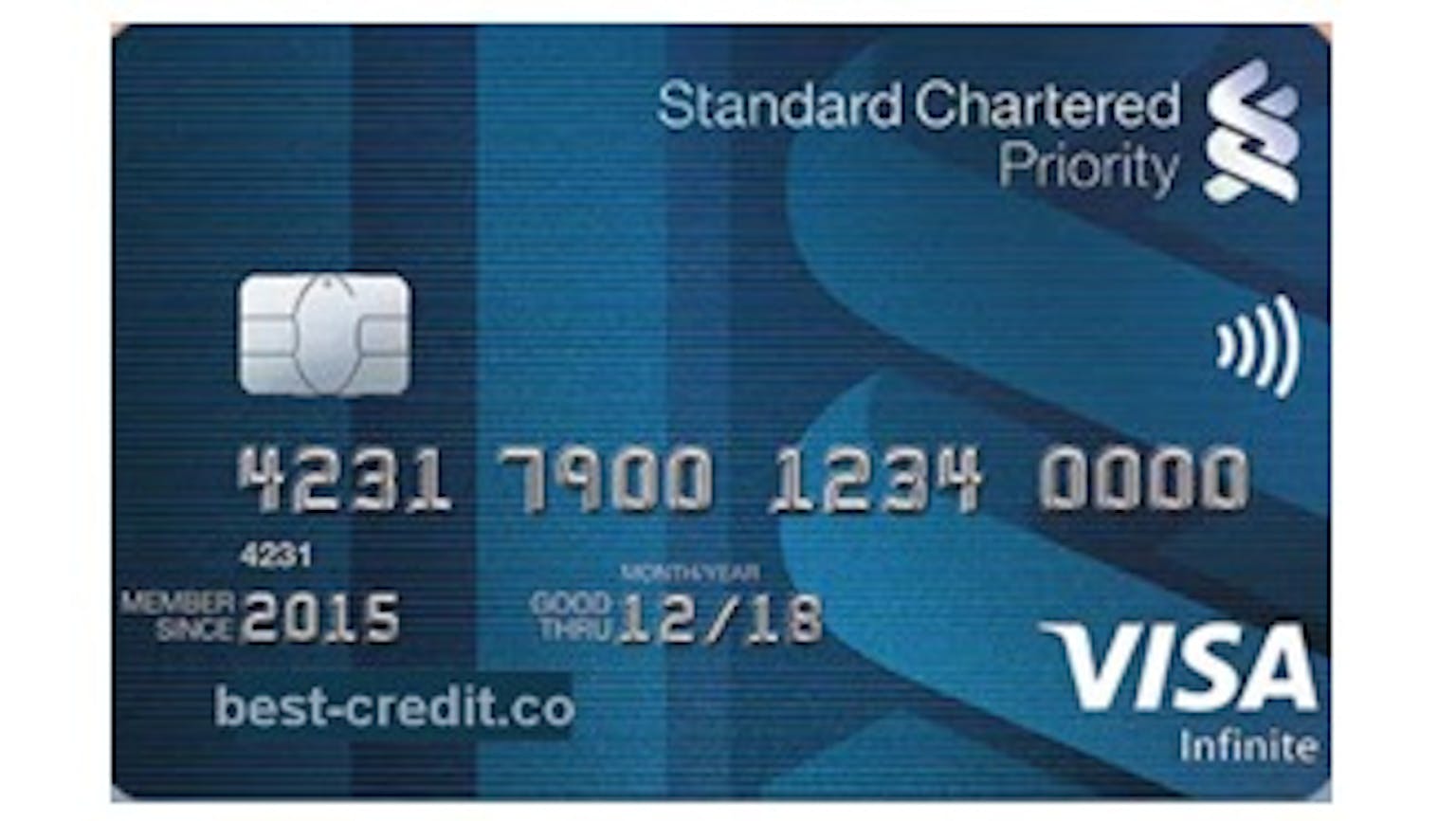

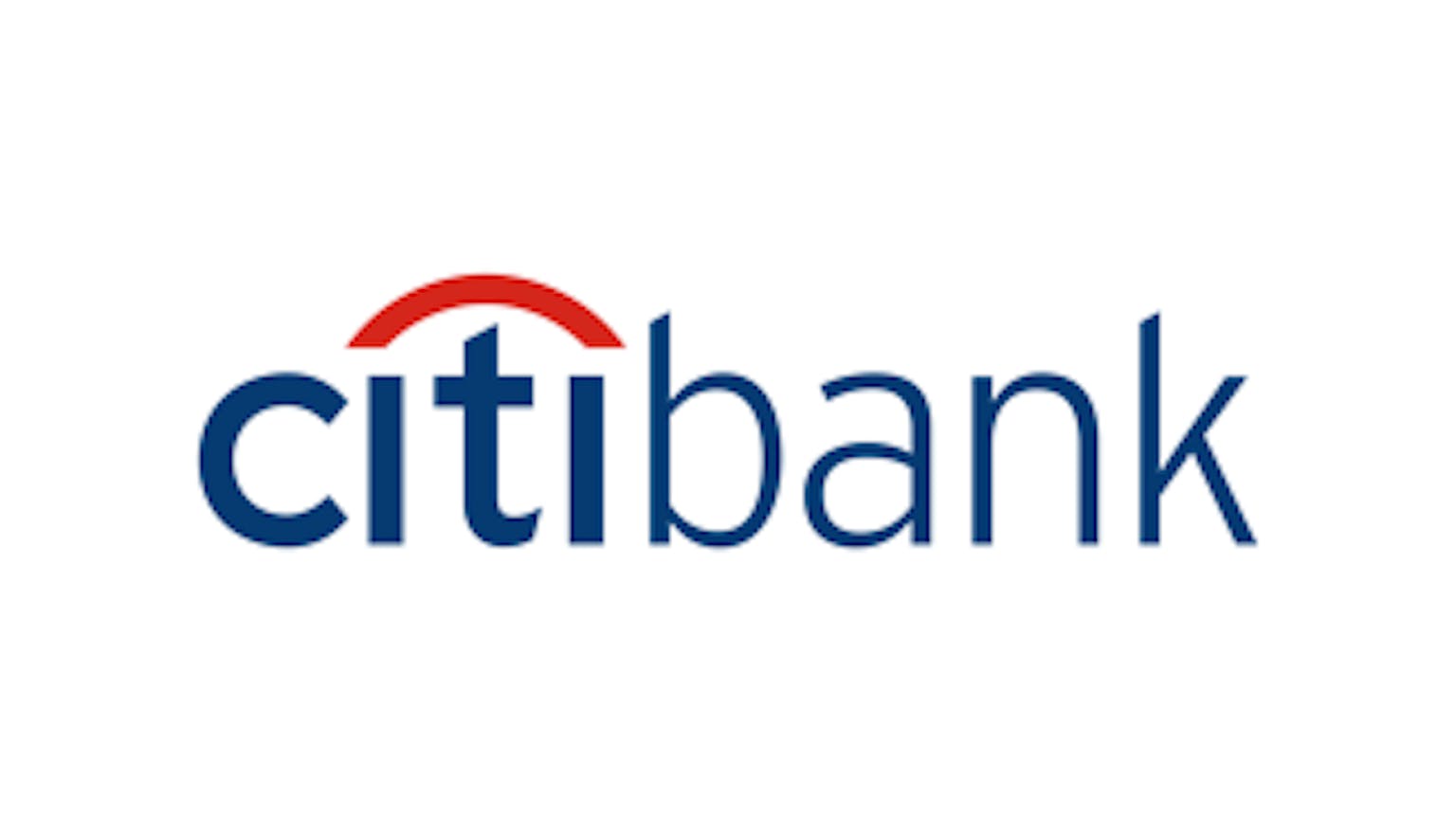
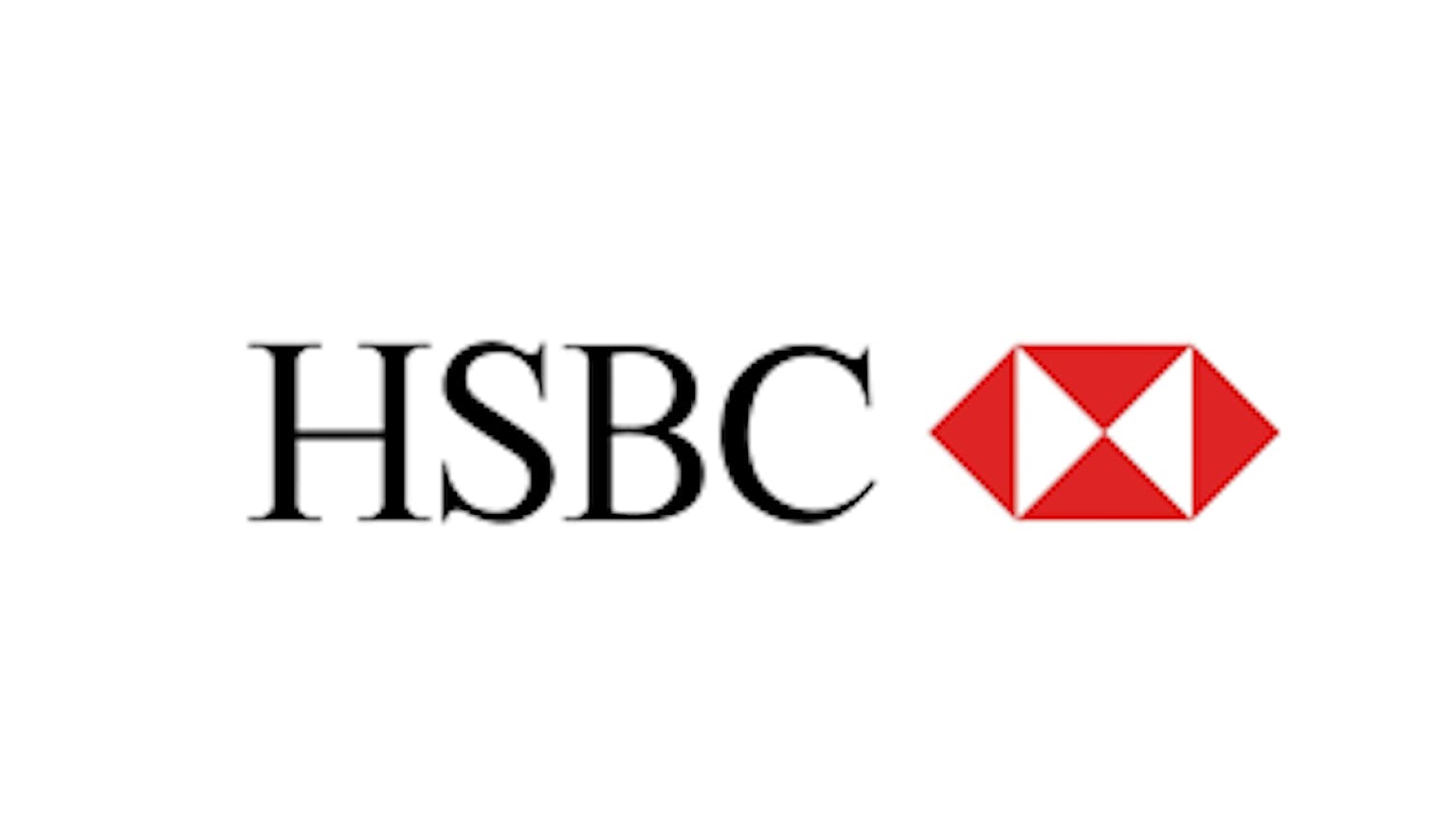
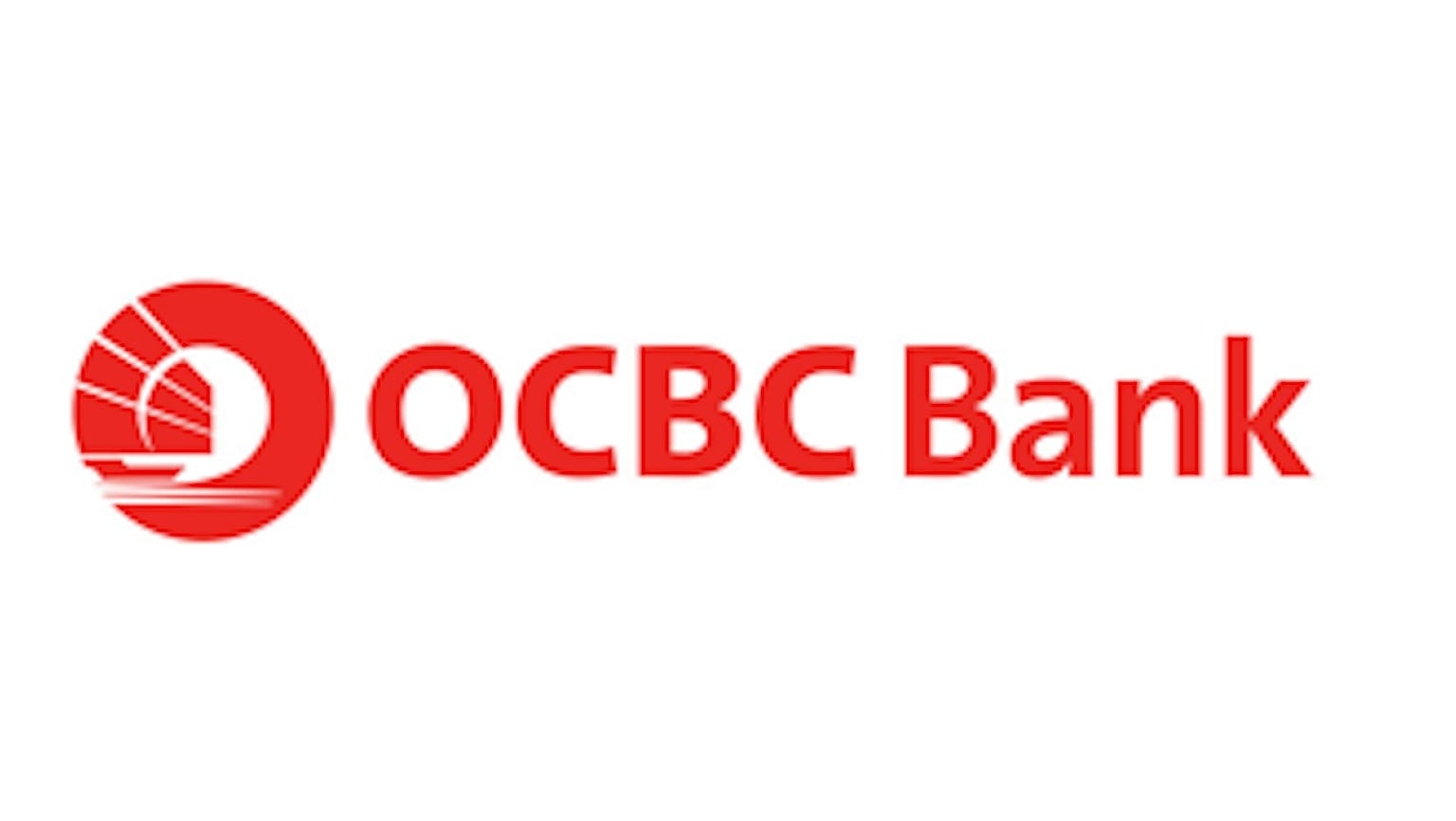
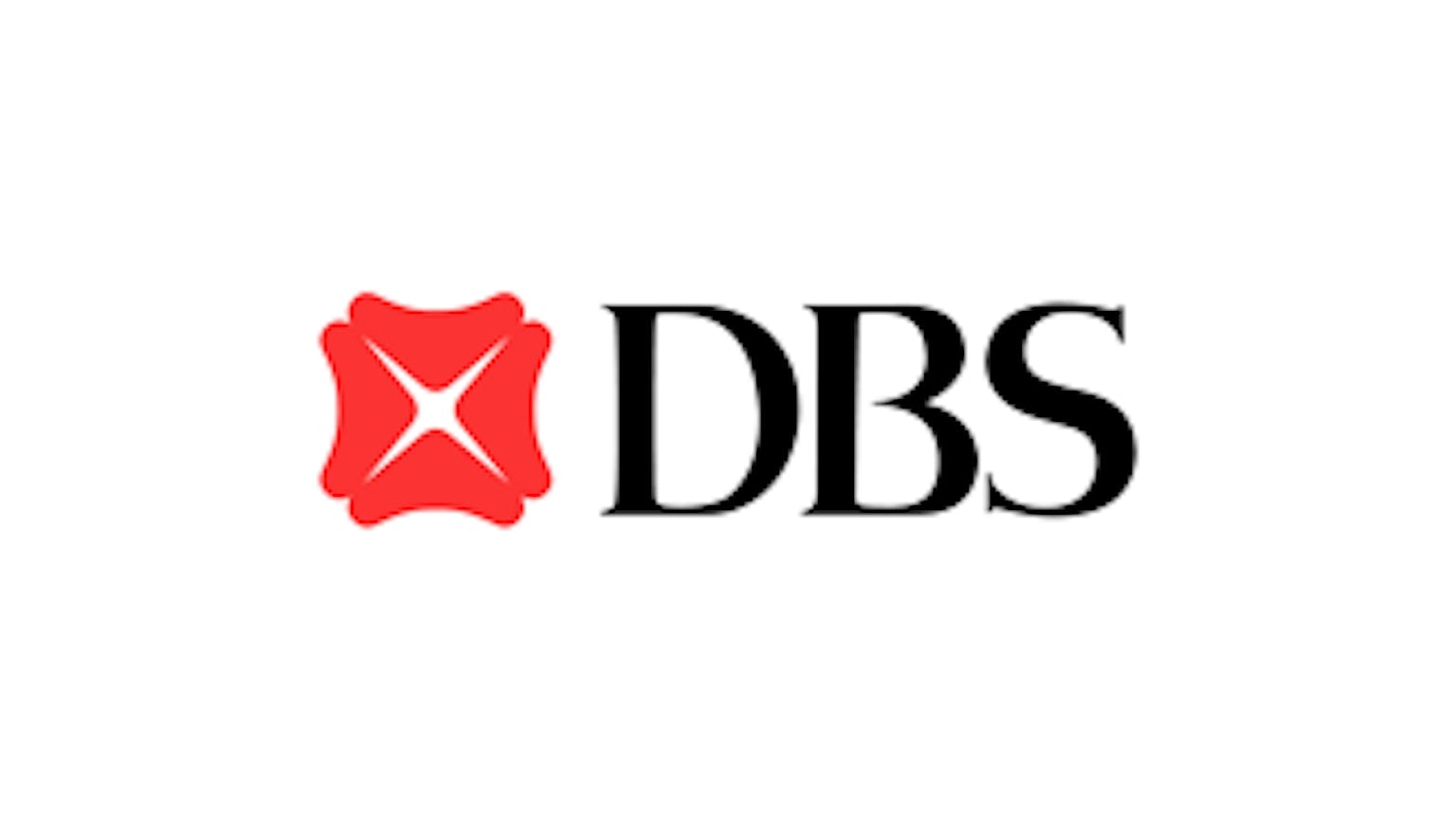

Please leave your knowledge and opinion!